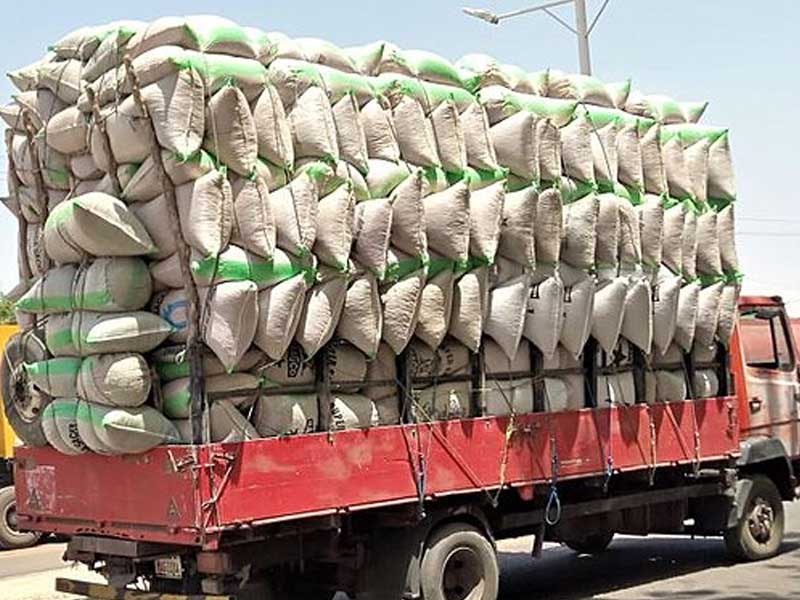Residents of Kaduna, Kano, and Katsina states have stated that they are still waiting for rice promised by the Federal Government, despite announcements that the grain had been dispatched to all 36 states and the Federal Capital Territory.
This rice distribution is part of the government’s ongoing efforts to alleviate food shortages and stabilize prices across the country.
The recent government initiative to deliver 20 trucks of rice to each state was aimed at boosting food security and providing immediate relief amidst escalating food prices. However, many residents in these states report that they have yet to receive any rice, raising concerns over the transparency and efficiency of the distribution process, News Agency of Nigeria reported.
In Kaduna, locals like Salisu Musa from the Rigasa area have voiced frustration. “As a traditional titleholder in Rigasa, we have not seen any rice from the Federal Government,” he stated. While some residents acknowledged receiving fertilizer, rice remains scarce. Similarly, Ibrahim Yusuf from Doka mentioned that only a few bags of rice had been sighted, and distributed to a local mosque.
The distribution process has been criticized by many, who claim it lacks fairness and transparency. Mrs. Asabe Markus, a resident of Chikun Local Government Area, expressed disappointment, alleging that the relief items were distributed based on political affiliations rather than need. “Since the food crisis began, I have been relying on support from friends and loved ones,” she lamented.
The situation is similar in Kafanchan, where residents state that “We have not seen any rice from the Federal Government here in Kafanchan,” urging for more decisive and compassionate action from authorities.
In Kano, however, the state government claims to have distributed 130 trucks of foodstuffs, including rice, to the 44 local government areas. The Commissioner for Agriculture and Natural Resources, Dr. Danjuma Mahmud, reported that these distributions included rice, maize, millet, and fertilizer. However, many residents are yet to confirm receipt of these goods, sparking concerns about the efficacy of these measures.
The Federal Government earlier announced a strategic plan to boost food security by increasing the production of staple crops by small-holder farmers to 135 million metric tons by the end of this year.
This is part of the initiatives of the Presidential Economic Coordination Council (PECC) and shared by the spokesperson of the president, Ajuri Ngelale.
According to the measures rolled out by the council, food security tops the list of the priority of the government.
Accordingly, the objective includes increasing staple crops from 127 million MT in 2023 to 134 million MT in 2024.
The measures also include partnering with large-scale commercial farmers to boost local production.
In addition, the council aims to support qualified farmers with satellite imagery of land use planning, among others.
According to new report by S.B Morgan intelligence a minimum of 1,356 farmers have been killed mainly in the Northern part of the country between 2020 and 2024.
As food insecurity continues to be a pressing issue, citizens are calling for greater accountability and faster action from both state and federal governments to ensure that aid reaches those most in need.
The response from various state officials remains mixed, with some denying receipt of the rice altogether and others pointing to ongoing distribution efforts. With many Nigerians still facing food shortages, the demand for transparency and efficiency in aid distribution has never been more critical.







